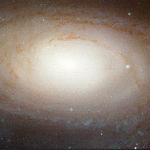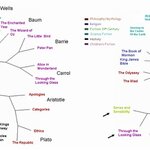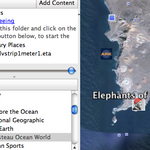
A congressionally mandated report from the National Research Council finds serious deficiencies in the nation's forensic science system and calls for major reforms and new research. Rigorous and mandatory certification programs for forensic scientists are currently lacking, the report says, as are strong standards and protocols for analyzing and reporting on evidence. And there is a dearth of peer-reviewed, published studies establishing the scientific bases and reliability of many forensic methods. Moreover, many forensic science labs are underfunded, understaffed, and have no effective…



